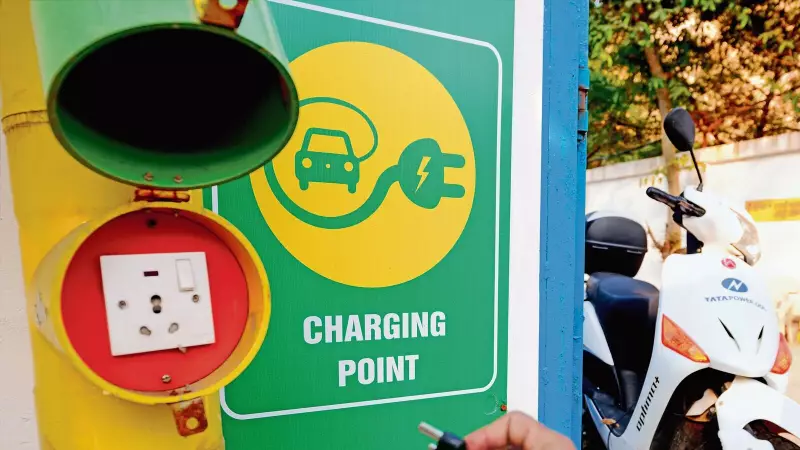
In a significant development that could reshape India's electric vehicle landscape, China has launched a formal complaint at the World Trade Organization against India's subsidy programs for electric vehicles and components. The dispute highlights the growing tensions in the global race for EV dominance.
The Core of China's WTO Complaint
Beijing alleges that New Delhi's production-linked incentive (PLI) schemes for the automotive sector and advanced chemistry cell batteries violate international trade rules. According to China's submission to the WTO, these subsidies contain "local content requirements" that unfairly discriminate against imported automotive products.
The Chinese delegation argues that these measures appear to be inconsistent with several articles of the WTO's General Agreement on Tariffs and Trade 1994, potentially giving Indian manufacturers an unfair advantage in the rapidly growing EV market.
India's Ambitious EV Roadmap Under Scrutiny
India has been aggressively promoting domestic EV manufacturing through various incentive programs, including:
- The ₹25,938 crore PLI scheme for automobile and auto components
- The ₹18,100 crore PLI scheme for advanced chemistry cell battery storage
- FAME India (Faster Adoption and Manufacturing of Hybrid and Electric Vehicles) subsidies
- Various state-level EV policies offering additional incentives
These initiatives are central to India's goal of achieving 30% electric vehicle penetration for private cars, 70% for commercial vehicles, and 80% for two and three-wheelers by 2030.
What Happens Next in the WTO Dispute?
The WTO dispute settlement process typically follows a structured timeline:
- Consultations Phase: China and India have 60 days to resolve the matter through bilateral talks
- Panel Establishment: If consultations fail, China can request a WTO dispute settlement panel
- Panel Proceedings: The panel examines the case and issues a ruling, usually within 6 months
- Appeal Process: Either party can appeal the panel's decision to the WTO Appellate Body
Industry experts suggest that India is likely to defend its policies vigorously, arguing they are crucial for national environmental goals and economic development.
Broader Implications for India's Manufacturing Dreams
This complaint comes at a critical juncture for India's automotive sector. The country is positioning itself as a global manufacturing hub for electric vehicles under the 'Make in India' initiative. A successful challenge by China could force New Delhi to restructure its incentive programs, potentially slowing down the domestic EV ecosystem's growth.
The timing is particularly sensitive as several international players, including Tesla, are evaluating significant investments in India's EV space. The outcome of this WTO dispute could influence their final decisions and investment timelines.
As the world watches this trade battle unfold, the stakes extend beyond bilateral relations to the future of sustainable transportation and clean energy manufacturing in South Asia's largest economy.





